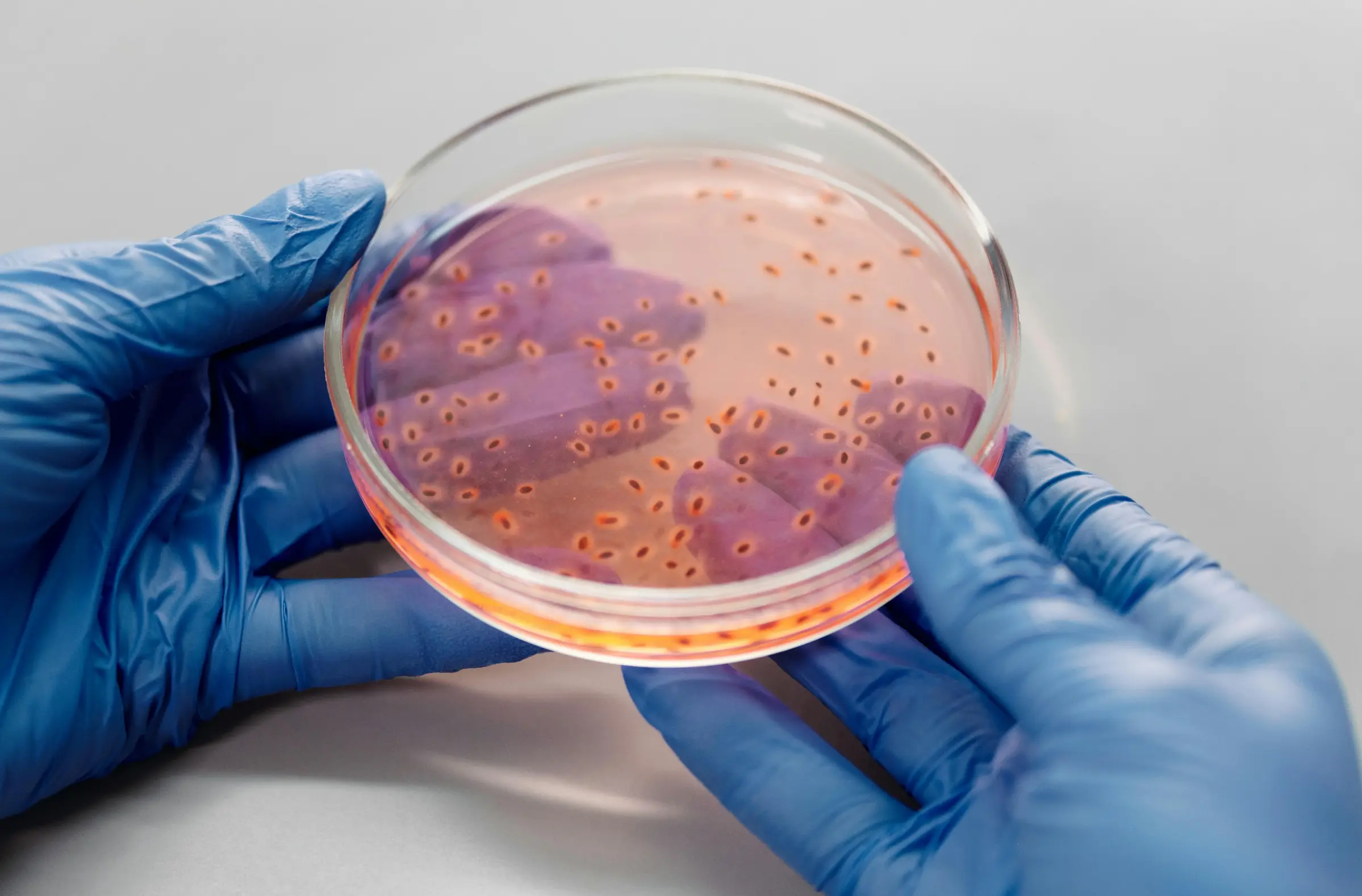Food for the Brain: How to Eat Your Way to Better Focus and Well-Being
How we eat affects not only our physical health, but also how we feel mentally. Research shows that our eating habits can be crucial for brain function and our psychological well-being. In this article, we explore the connection between diet and the brain, and how you can make better choices to feel good both physically and mentally.

Introduction: The Role of Food in Brain Health
Our brain depends on nutritious food to function optimally.
It needs the right fuel to be able to manage everything from decision-making and memory to regulating our mood.
Research shows that a poor diet, especially one rich in processed foods and sugar, can negatively affect brain function and even increase the risk of mental illnesses such as depression and anxiety.
In contrast, a balanced diet can improve cognition, stabilize mood and contribute to a better psychological well-being.
How Food Affects Brain Functions
Energy and Blood Sugar for Mental Clarity
The brain accounts for about 20% of the body's energy consumption and relies on a constant supply of glucose.
Foods that contain slow carbohydrates — such as whole grains, fruits and vegetables — ensure a steady supply of energy and improve focus and concentration.
Fast carbohydrates, such as white bread and sugary snacks, on the other hand, can lead to blood sugar swings that negatively affect both mood and cognition.
Scientific Fact: A study published in Public Health Nutrition found that people who ate a diet rich in fruits and vegetables reported better mental well-being compared to those who ate more processed foods.
Omega-3 and the building blocks of the brain
Omega-3 fatty acids, especially DHA (docosahexaenoic acid), are essential for brain structure and function.
These fatty acids help build up cell membranes in the brain and improve communication between nerve cells.
Studies show that a diet rich in omega-3 can reduce inflammation in the brain and improve memory and concentration.
Hint: Include fatty fish such as salmon, mackerel or sardines in your diet at least twice a week.
- Scientific Fact: A systematic review published in Frontiers in Aging Neuroscience showed that omega-3 fatty acids can improve cognitive functions and reduce the risk of neurodegenerative diseases.
Antioxidants — protection of brain cells
Oxidative stress, which is caused by free radicals, can damage brain cells and contribute to aging and cognitive impairment.
Antioxidants, found in foods such as berries, kale and dark chocolate, protect brain cells from damage.
Flavonoids, a type of antioxidant found in blueberries, have been shown to improve both learning and memory.
Practical tip: Make your breakfast more brain-friendly by topping yogurt with blueberries and walnuts.
Food's link to mental health
The gut-brain axis — a crucial link
The gut and brain communicate through what is known as the gut-brain axis.
The gut's bacteria affect the production of neurotransmitters such as serotonin, which play an important role in how we feel.
An unbalanced gut flora, which can be caused by a poor diet, has been linked to depression and anxiety.
- Scientific Fact: A study published in Nature Reviews Gastroenterology & Hepatology showed that a healthy intestinal flora can improve mood and reduce the risk of mental illness.
Hint: Improve your gut health by eating fermented foods such as yogurt, kimchi and sauerkraut.
Can food reduce the risk of depression?
Research has shown that a diet rich in whole and nutritious foods can reduce the risk of depression.
The Mediterranean diet, which is rich in vegetables, fruits, nuts, olive oil and fish, has been shown to have positive effects on both physical and mental health.
Meanwhile, a Western diet, high in sugar and processed foods, has been linked to increased risk of depression.
- Scientific Fact: A study from The Lancet Psychiatry found that individuals who followed a Mediterranean diet reported improved mental well-being and reduced risk of depression.
Practical tips to strengthen the brain with food
- Prioritize colorful vegetables and fruits: They are rich in vitamins, minerals and antioxidants that strengthen the brain.
- Eat more healthy fats: Choose avocado, olive oil and oily fish to support brain function.
- Include fermented foods: Strengthens the intestinal flora and contributes to a better mood.
- Limit sugar and processed foods: To avoid blood sugar fluctuations and mood changes.
- Drink enough water: The brain needs fluid to function optimally.
Summary.
What you eat affects not only your body, but also the health of your brain and your mental well-being.
By choosing nutritious foods, you can strengthen your brain, improve your focus, and create a more stable foundation for dealing with everyday stress.
Small changes in your diet can make a big difference -- your brain will thank you.
Scientific references
- Benton, D., & Donohoe, R. T. (1999). “The effects of nutrients on mood.” Public Health Nutrition, 2 (3), 403-409.
- Dinan, T. G., et al. (2015). “The gut microbiota: a new frontier in brain research.” Nature Reviews Gastroenterology & Hepatology, 12 (12), 691-702.
- Jacka, F. N., et al. (2017). “A randomised controlled trial of dietary improvement for adults with major depression (the 'SMILES' trial).” BMC Medicina, 15 (1), 23.
- Joseph, J. A., et al. (1999). “Reversals of age-related declines in neuronal signal transduction, cognitive, and motor behavioral deficits with blueberry supplementation.” Journal of Neuroscience, 19 (18), 8114-8121.











